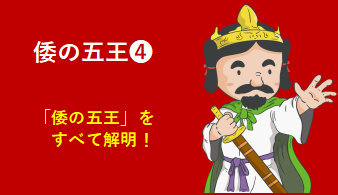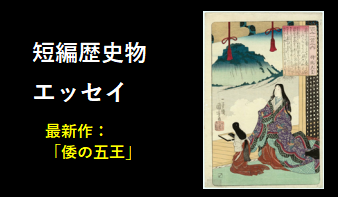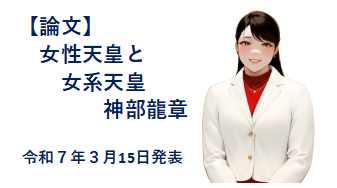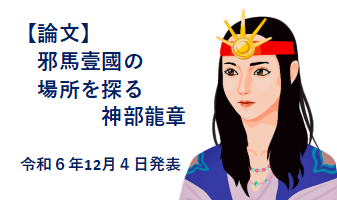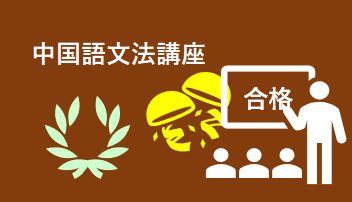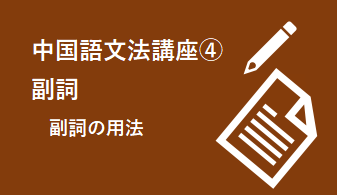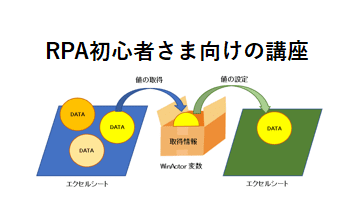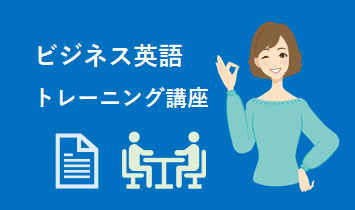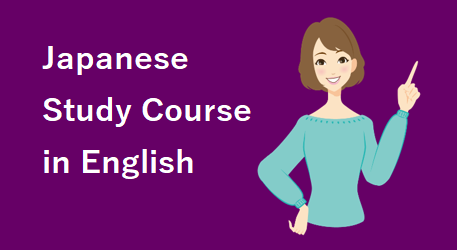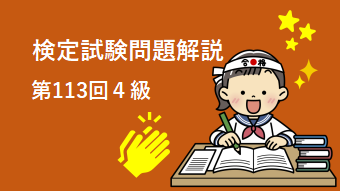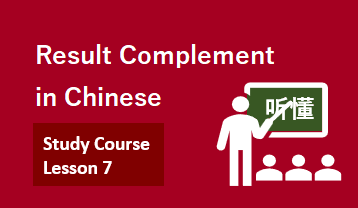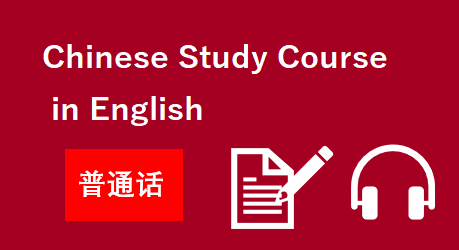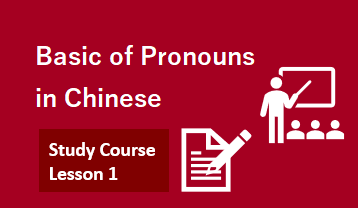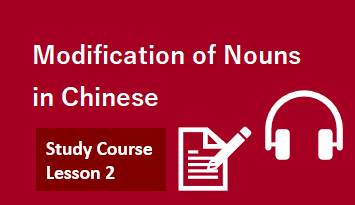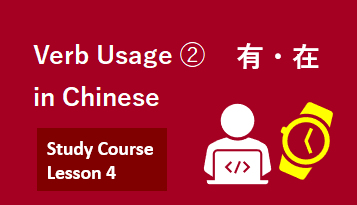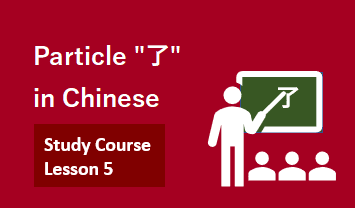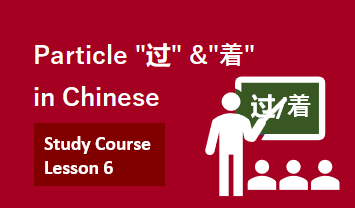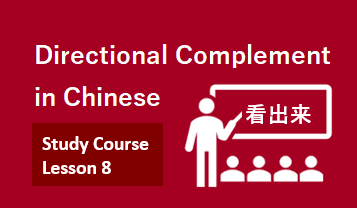Warning: Invalid argument supplied for foreach() in /home/xs168000/ryusho-kanbe.com/public_html/wp-content/plugins/html5-audio-player/shortcode/player.php on line 64
Warning: Invalid argument supplied for foreach() in /home/xs168000/ryusho-kanbe.com/public_html/wp-content/plugins/html5-audio-player/shortcode/player.php on line 64
Chinese Study Course [ Lesson7 ]

A "complement" is something that follows a verb/adjective and conveys exactly what the speaker intended. Complements are used to supplement and clarify the meanings of verbs/adjectives that cannot be fully explained. It is a unique Chinese usage.
7-1 Usage of result complement
Result Complement
- A "result complement" is a complement that expresses the result of an action.
- It is used in the form of "verb + result complement (some monosyllabic verbs (one-letter verbs)/adjectives)".
- The "result complement" is integrated with the verb to form a "compound verb" in a broad sense.
- "Verb + result complement" is a compound verb, so the object following the verb and the aspect particle "了" are added after "verb + result complement".
- The result complement summarizes what happened as a result of performing some action.
- For example, the action "listen" + result "understand", that is, "understand by listening" is expressed in the form of "verb + result complement".

For example, "我听懂了他的话。I understood what he said."
“听” is a verb that means “listen”, and “懂” is a result complement that means “to come to understand”. Together, it's "listen and understand".
Hello everyone. I'm Chappie. I see, "我听懂了他的话。" means "I heard what he said, and I understood." "了" in "听懂了" is an "aspect particle" that expresses the realization and completion of an action. We have studied at Lesson 5 (Particle "了").

| I understood what he said. |
| 我听懂了他的话。 |
| wǒ tīng dǒng le tā de huà 。 |
| ◆Detailed explanation 我(subject)+听懂(verb + result complement)+了(aspect particle)+他的话(object)。 |
| ◆Vocabulary note 听懂:(verb + result complement) hear and understand |
7-2 "Verb + 在 (Result Complement) + Place (Object)"
Verb + 在 (Result Complement) + Place (Object)
- For example, saying "I live in Japan" in Chinese means "我住在日本。".
- 我住在日本。➡我(subject)+住在(verb+result complement)+日本(place[object])。
| Actually I live in Japan. |
| 其实我是住在日本的。 |
| qí shí wǒ shì zhù zài rì běn de 。 |
| ◆Detailed explanation 其实(adverb)+我(subject)+是住在日本的(是~的 Grammatical construction)。 ・住在日本➡住在(verb+result complement)+日本(place[object]) |
| ◆Vocabulary note 其实:(adverb) actually |

Among the complements unique to Chinese, we first studied "resulting complements". Please review it thoroughly!



